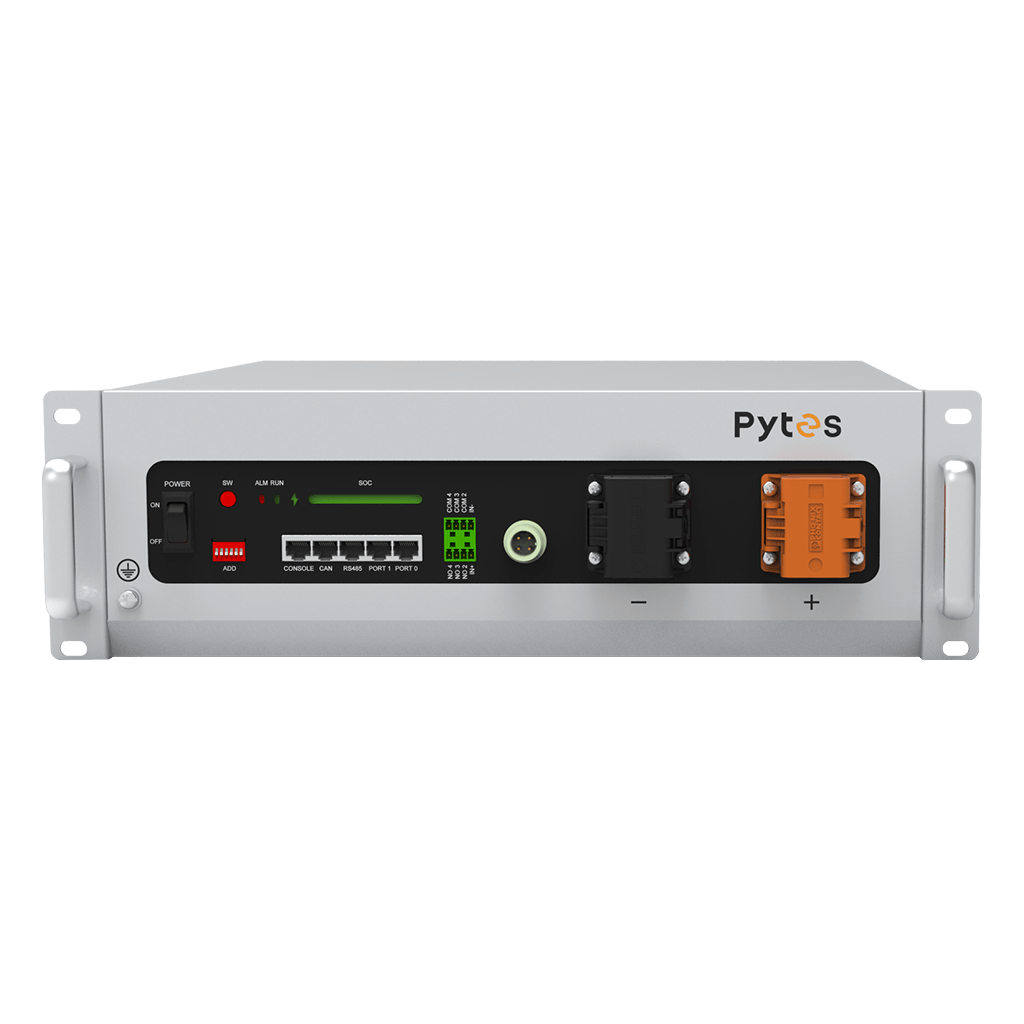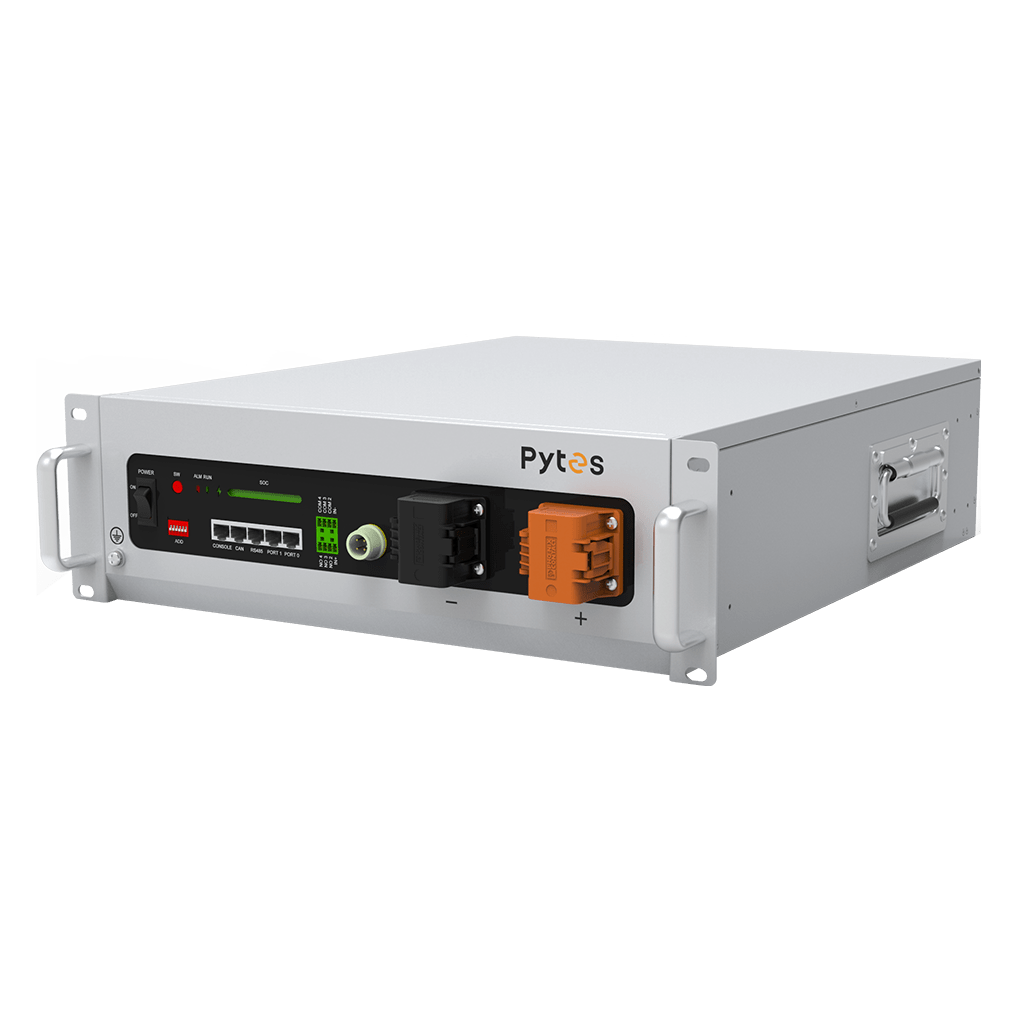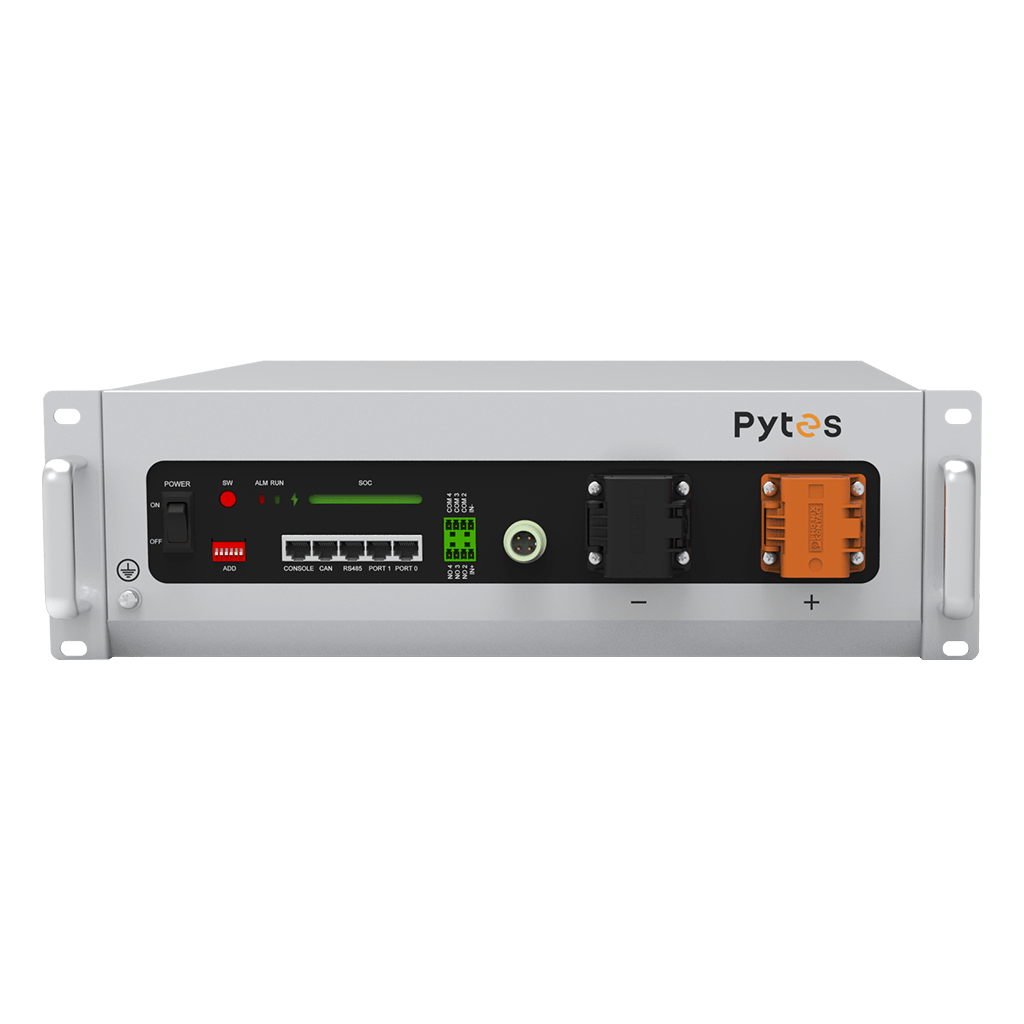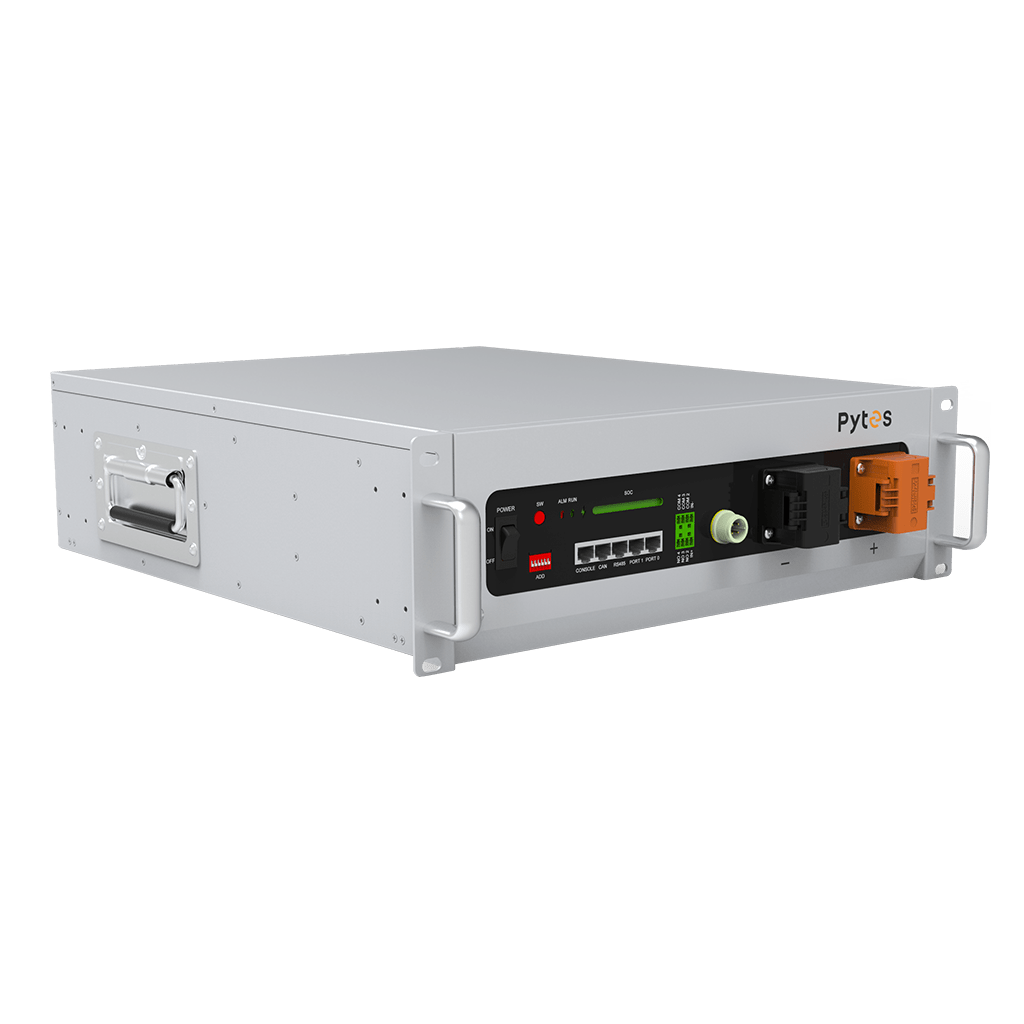How Home Battery Systems Can Free You from the Grid
In recent years, the concept of home battery systems has gained popularity as an alternative energy solution. These systems, also known as energy storage systems, allow homeowners to store excess electricity generated from renewable energy sources, such as solar panels or wind turbines. By harnessing this stored energy, individuals can reduce their reliance on the traditional power grid and achieve a degree of energy independence. In this blog post, we will explore the benefits and workings of home battery systems, and how they can effectively free you from the grid.
I. The Basics of Home Battery System
Home battery systems, also known as energy storage systems, are devices that store electricity for later use. They typically consist of a battery pack, an inverter, and a monitoring system. The battery pack stores the excess energy generated by renewable sources, such as solar panels or wind turbines. The inverter converts the stored DC (direct current) electricity into AC (alternating current) electricity, which can be used to power household appliances. The monitoring system allows homeowners to track their energy usage and the state of the battery.

II. How Do Home Battery Systems Work
A. Capturing Excess Energy
Home battery systems work by capturing excess energy generated by renewable energy sources, such as solar panels or wind turbines. When these sources produce more energy than is needed at the moment, the excess energy is stored in the battery system for later use.
B. Storing Energy for Later Use
Once the excess energy is captured, it is stored in the home battery system. The battery system consists of a series of rechargeable batteries that can store the energy in chemical form. This stored energy can then be used during times when the renewable energy sources are not producing enough energy, such as during the night or on cloudy days.
C. Managing Energy Consumption
Home battery systems also play a crucial role in managing energy consumption. They can be programmed to release stored energy during peak demand periods when electricity prices are higher, helping homeowners save money on their energy bills. Additionally, these systems can be integrated with smart home technology, allowing users to monitor and control their energy usage more efficiently.
III. Energy Independence: Breaking Free from the Grid
One of the primary benefits of home battery systems is the ability to reduce reliance on the grid. By storing excess energy during times of low demand and using it during peak hours, homeowners can significantly reduce their electricity bills. Additionally, during power outages or emergencies, home battery systems provide energy security, allowing homeowners to continue powering their essential appliances and devices.
IV. Benefits of Home Battery Systems
A. Cost savings through energy arbitrage: With a home battery system, homeowners can take advantage of time-of-use electricity rates. They can store excess energy during off-peak hours when electricity prices are low and use it during peak hours when prices are high. This energy arbitrage can lead to significant cost savings on electricity bills.
B. Maximizing the use of renewable energy: Home battery systems enable homeowners to maximize the use of renewable energy sources, such as solar power. Instead of sending excess energy back to the grid, which often results in little or no compensation, homeowners can store it for later use. This not only reduces reliance on fossil fuels but also maximizes the return on investment in renewable energy systems.
C. Environmental benefits of reducing reliance on fossil fuels: By reducing dependence on the grid and maximizing the use of renewable energy, home battery systems contribute to a greener and more sustainable future. They help reduce greenhouse gas emissions and promote the transition to a clean energy economy.
V. How to Achieving Off-Grid Living
A. Living off the grid: What does it mean? Living off the grid refers to the ability to meet all of your energy needs without relying on the traditional power grid. It involves generating and storing your own electricity, often through renewable energy sources, and managing your energy usage efficiently.
B. Steps to achieve off-grid living with home battery systems:
1. Assessing your energy needs: Determine your energy consumption patterns and identify the size of the battery system required to meet your needs.
2. Choosing the right home battery system(Here we recommend you to consider Pytes V5°): Consider factors such as capacity, efficiency, lifespan, and compatibility with your renewable energy sources.
3. Integrating renewable energy sources: Install solar panels or other renewable energy systems to generate electricity. Connect them to your home battery system to store excess energy.
4. Monitoring and managing your energy usage: Use the monitoring system provided with your home battery system to track your energy usage and optimize your energy management.

VI.Pytes Home Battery System V5°: A Solution to Help You Achieve Off-Grid Living
Pytes V5°is a new rechargeable home LFP battery developed and manufactured by advanced solar battery manufacturer Pytes and is a home solar battery storage system with a smart app. Currently, Pytes V5° is UL 9540 certified and compatible with most inverters on the market.
1.Enhanced Energy Independence
The Pytes V5°Battery allows homeowners to become more energy independent by storing excess solar energy. This stored energy can be used during periods of low solar generation or during power outages. By reducing reliance on the grid, homeowners can gain greater control over their energy usage and minimize utility costs.
2.Stylish and compact design
Pytes V5°has a sleek and compact design, making it a beautiful addition to any home. Its small footprint allows for easy installation in tight spaces, while its modern design integrates seamlessly with any décor.
3.Can be expanded according to needs
The Pytes V5° can also be expanded based on demand. It can be expanded to a maximum of 491.52kWh (with hub), and a group can support up to 16 units in parallel. This means homeowners can easily add more battery units as energy needs grow without having to replace the entire system.
VII. The Future of Home Battery Systems
A. Technological advancements and innovations: Home battery systems are continuously evolving, with advancements in battery technology, efficiency, and capacity. This leads to improved performance and lower costs.
B. Integration with smart home systems: Home battery systems are increasingly being integrated with smart home systems, allowing homeowners to monitor and control their energy usage remotely.
C. Potential Impacts on the Grid and Utilities: As more homeowners adopt home battery systems, there could be significant impacts on the grid and utilities, making the energy system more decentralized and resilient.

Conclusion
In conclusion, home battery systems offer an innovative and sustainable solution to reduce reliance on the traditional power grid. By capturing and storing excess energy generated from renewable sources, homeowners can achieve energy independence, increase resilience and reliability, and enjoy financial benefits. Home battery systems also have a positive environmental impact, reducing carbon footprints and promoting the adoption of renewable energy sources.
If you want to know more about Pytes V5° details,feel free to contact us.
Pytes V5°Battery:Solar Battery Storage Solutions for California's Residential Areas




